Millennials, often dubbed the “generation of murderers” for their impact on various industries, have unique spending habits that differ significantly from previous generations. Their preferences and priorities are reshaping the economy in unexpected ways. Here are 18 things millennials won’t buy, and it could ruin the economy.
Diamonds
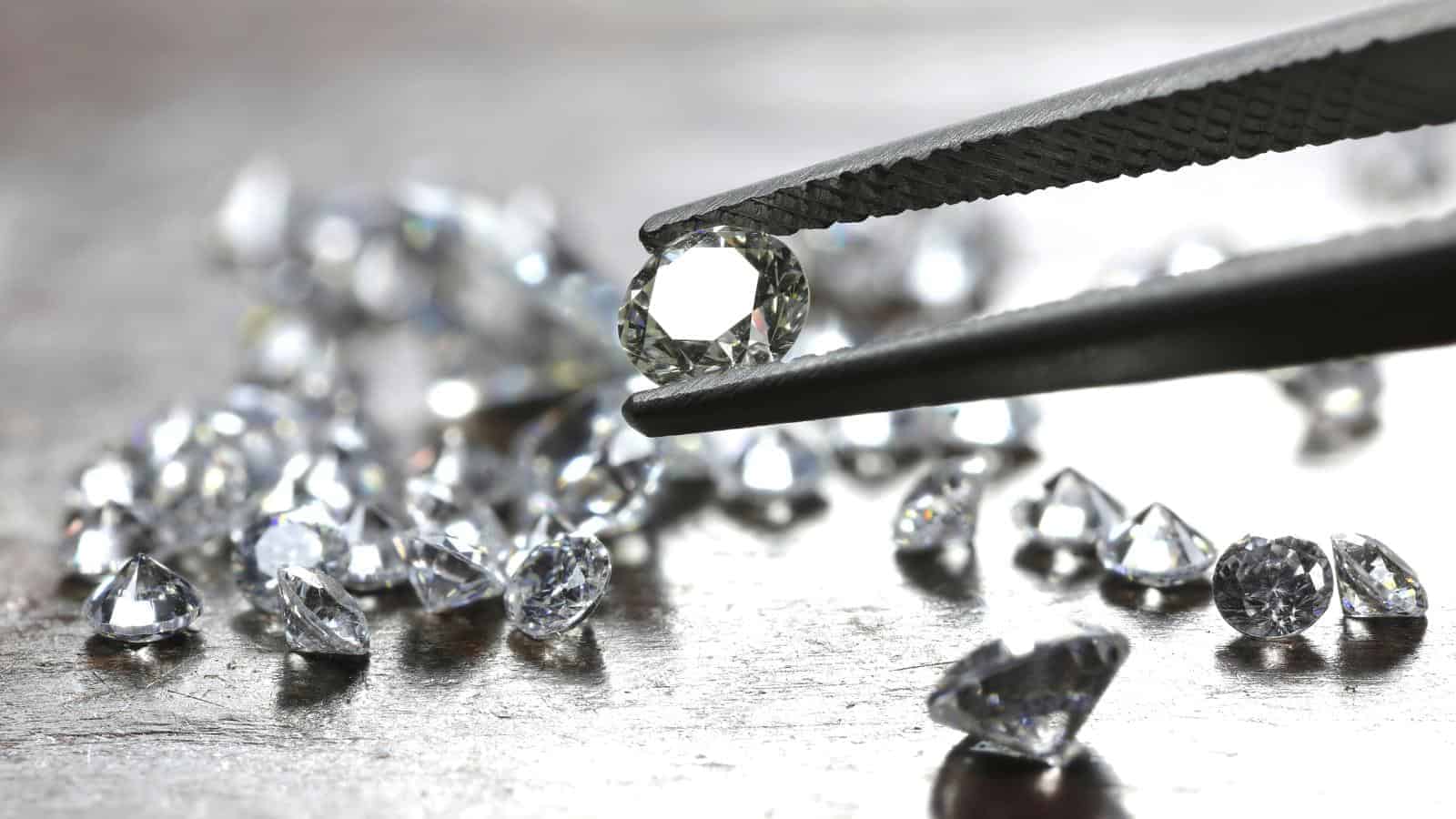
No longer a girl’s best friend, millennials are saying no to diamonds. CNBC reported that millennials are choosing “alternative gemstones, such as opal and amethyst,” and staying away from more expensive stones, including emeralds, rubies, and sapphires, “to save the money for other financial goals.” Ethical concerns about conflict diamonds and a preference for experiences over material goods mean fewer engagement rings and luxury jewelry sales.
Bar Soap
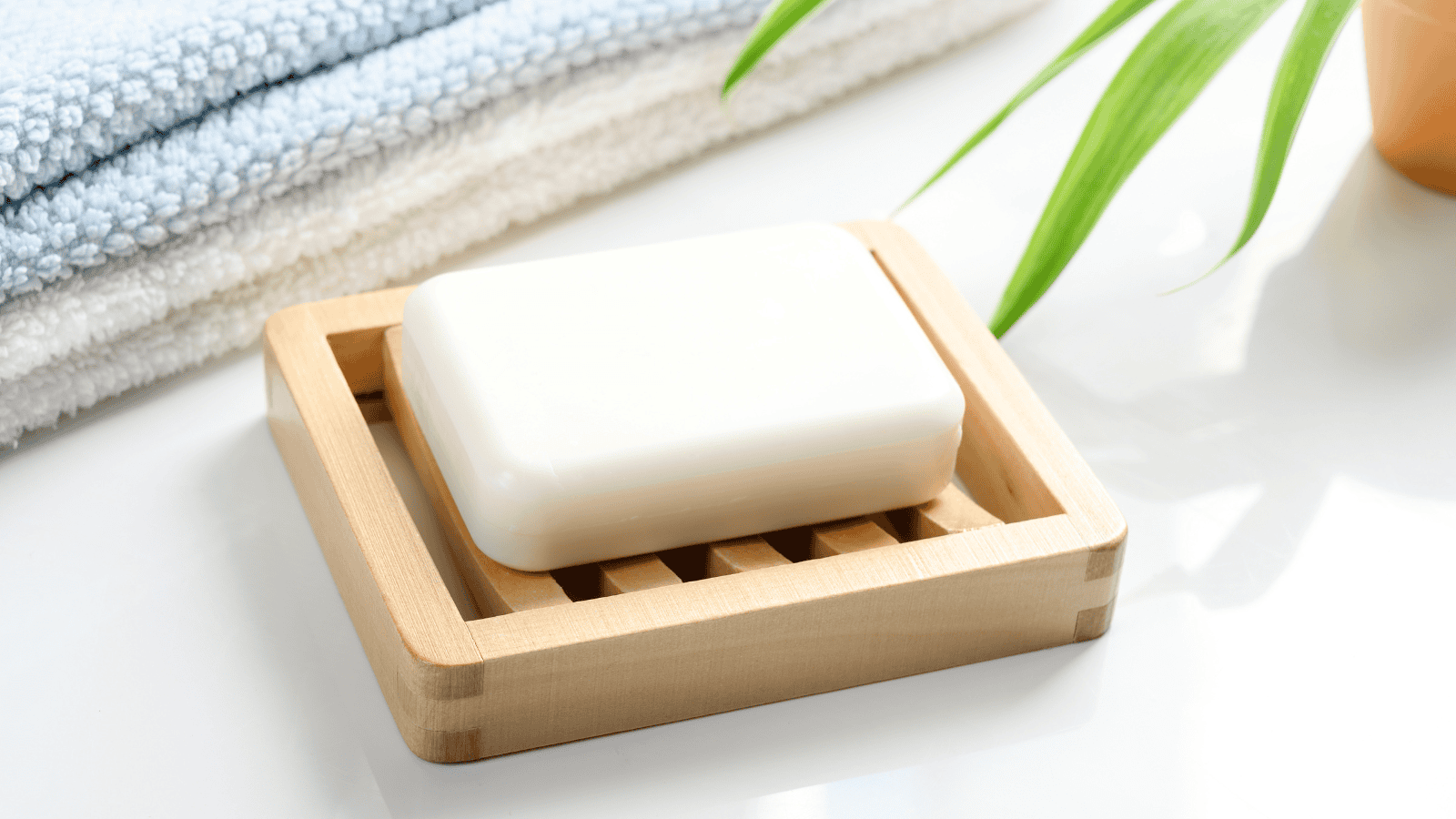
Liquid soap has won the soap battle, and bar soap is out. Millennials find bar soap inconvenient and unhygienic, believing it harbors germs. This shift has led to a decline in sales for traditional soap manufacturers, who now have to pivot to meet the demand for liquid and foaming soap dispensers.
Fabric Softener

Fabric softener is another casualty of millennial spending habits. Many younger consumers see it as unnecessary and potentially harmful to the environment. As a result, sales have plummeted, forcing companies to innovate with eco-friendly alternatives or risk obsolescence.
Movie Theaters

Netflix killed more than just Blockbuster. Millennials are also ditching movie theaters in favor of streaming services. The convenience and variety offered by platforms like Amazon Prime and Disney+ make traditional theaters less appealing, especially when snack prices could fund a decent meal. Declining ticket sales have led to the closure of many theaters, and finding new uses for the spaces is challenging, leaving many buildings vacant.
Cable TV

Another victim of streaming, cable TV is another industry suffering due to millennials’ preferences. Many young adults cut the cord, leading to a significant drop in cable subscriptions. This shift is forcing cable companies to rethink their business models. Though with more and more streaming services adding up to the cost of cable, we may be wondering if we did the right thing, with Fast Company reporting, “40% of consumers have canceled a streaming service.”
Napkins
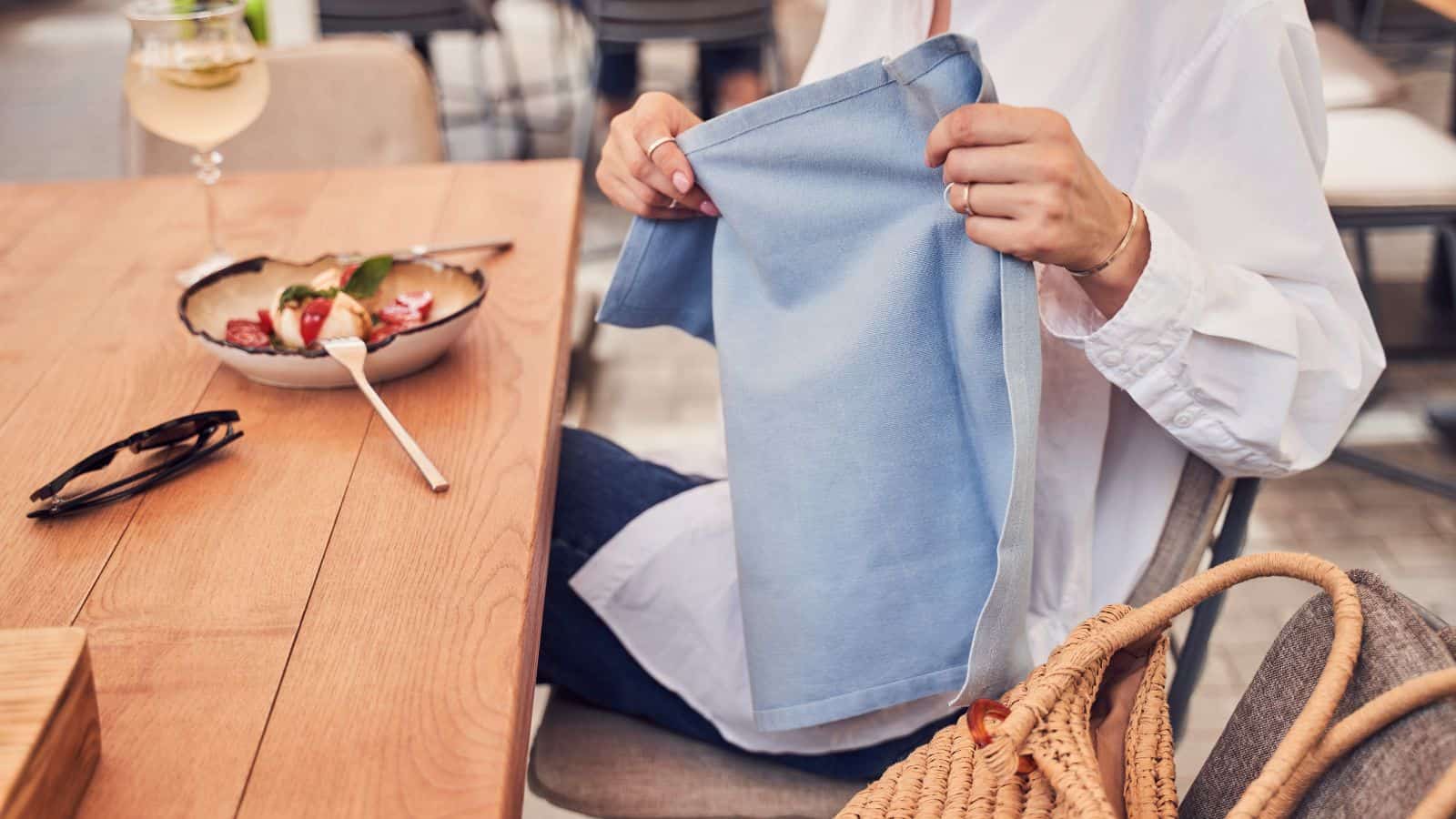
Being practical and budget-conscious people, millennials have realized there’s no reason to buy separate napkins when we already have paper towels in the kitchen. It may seem like a small change to us, but it makes a big impact on paper producers.
Single-use Plastics

Our love of one-cup coffee pods may seem contradictory, but millennials are leading the charge against single-use plastics. They prefer reusable options like metal straws, canvas bags, and water bottles. This shift is driving changes in the packaging industry and pushing companies to adopt more sustainable practices.
Casual Dining Chains
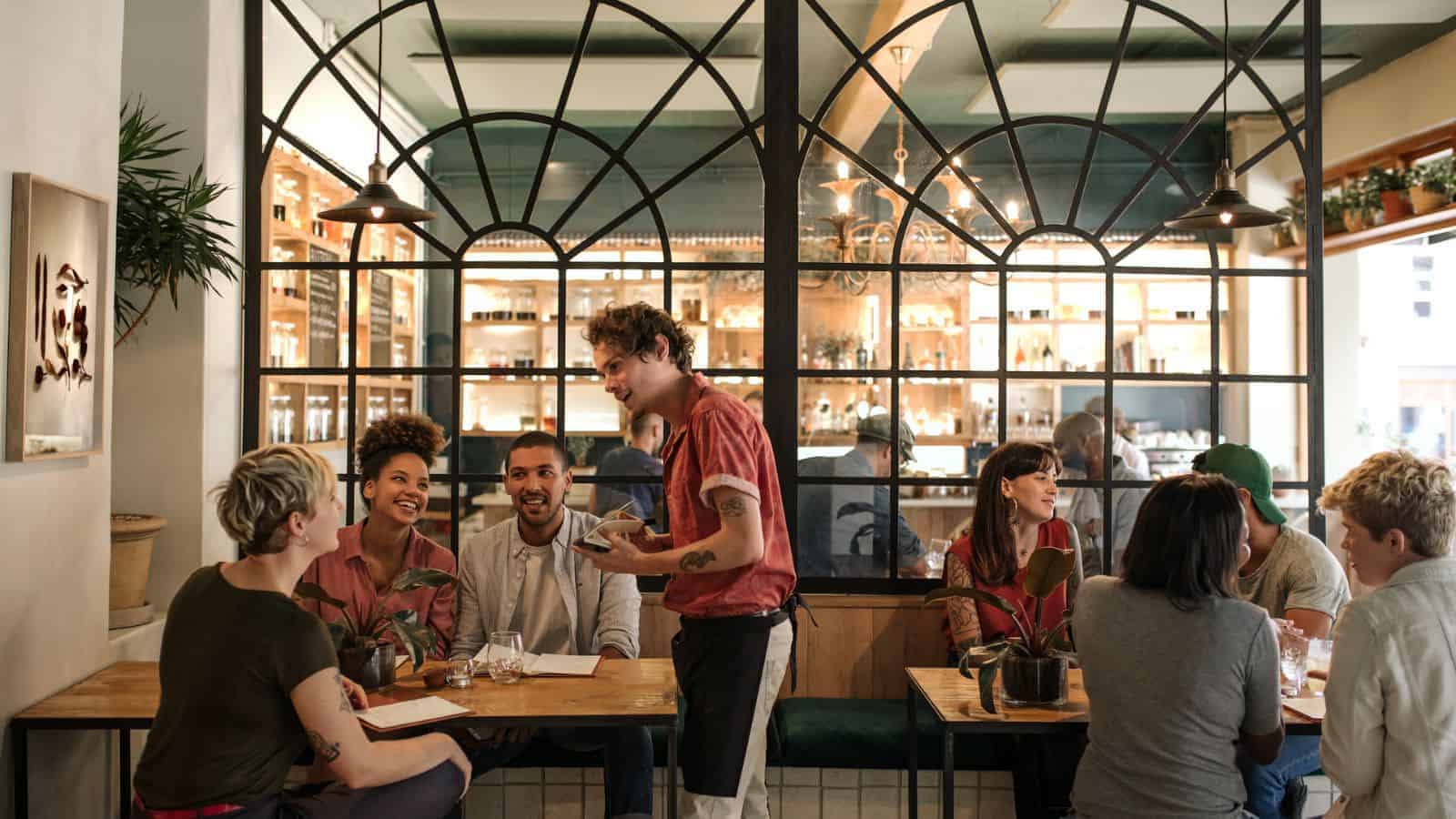
Business Insider reports, “Brands such as TGI Fridays, Ruby Tuesday, and Applebee’s have faced sales slumps and dozens of restaurant closures, as casual-dining chains have struggled to attract customers and increase sales.” Millennials have opted for other options such as cooking at home, especially with meal kit delivery, smaller mom-and-pop restaurants, and quick options like Chipotle and Panera.
Beer
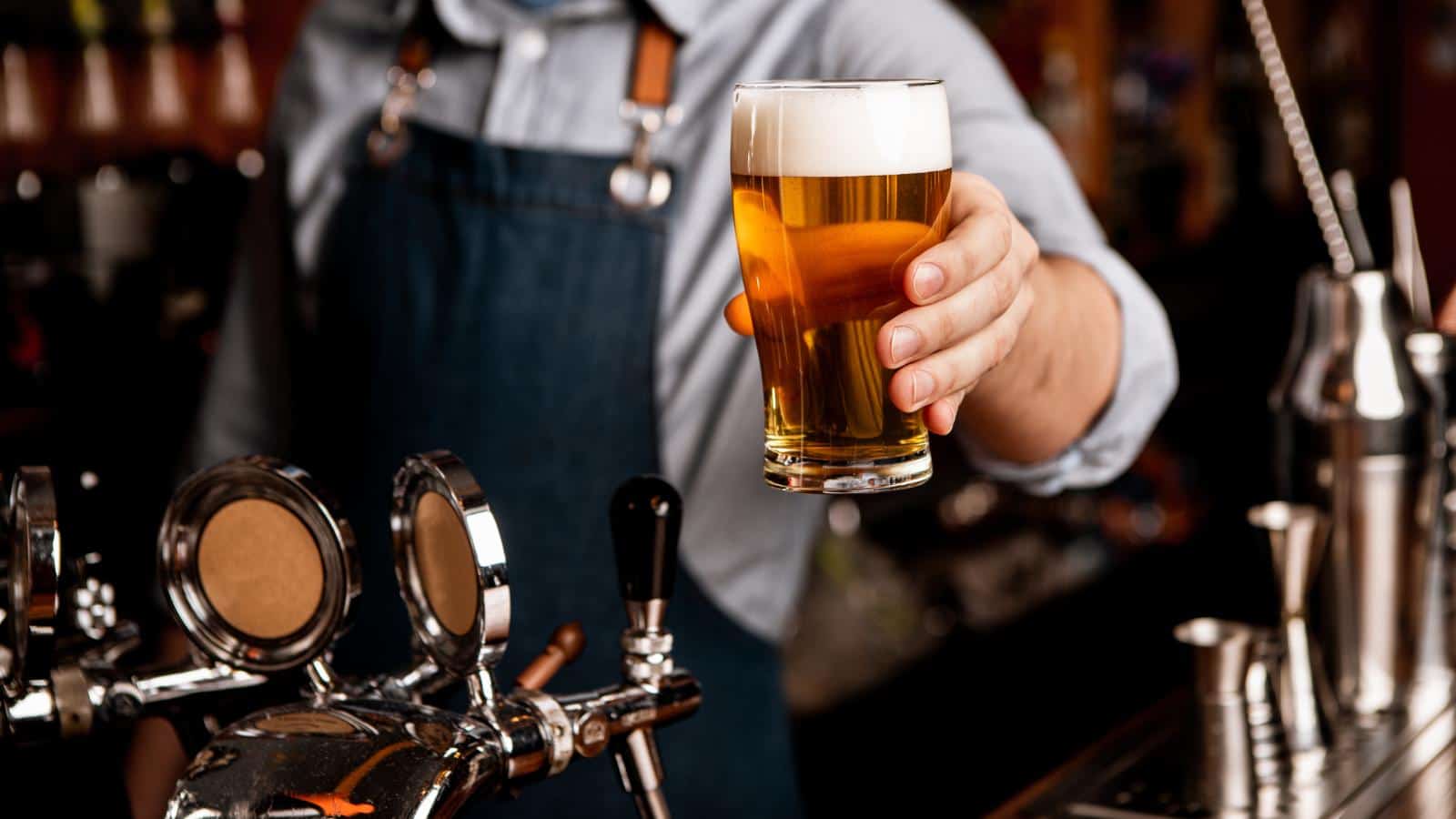
Don’t worry, they aren’t going completely sober like Gen Z, but millennials are turning away from traditional beer in favor of craft cocktails and wine. They seek unique, high-quality drinking experiences, which has led to a decline in sales for major beer brands. The beer industry is now focusing on craft and specialty brews to win back younger consumers.
Business Suits
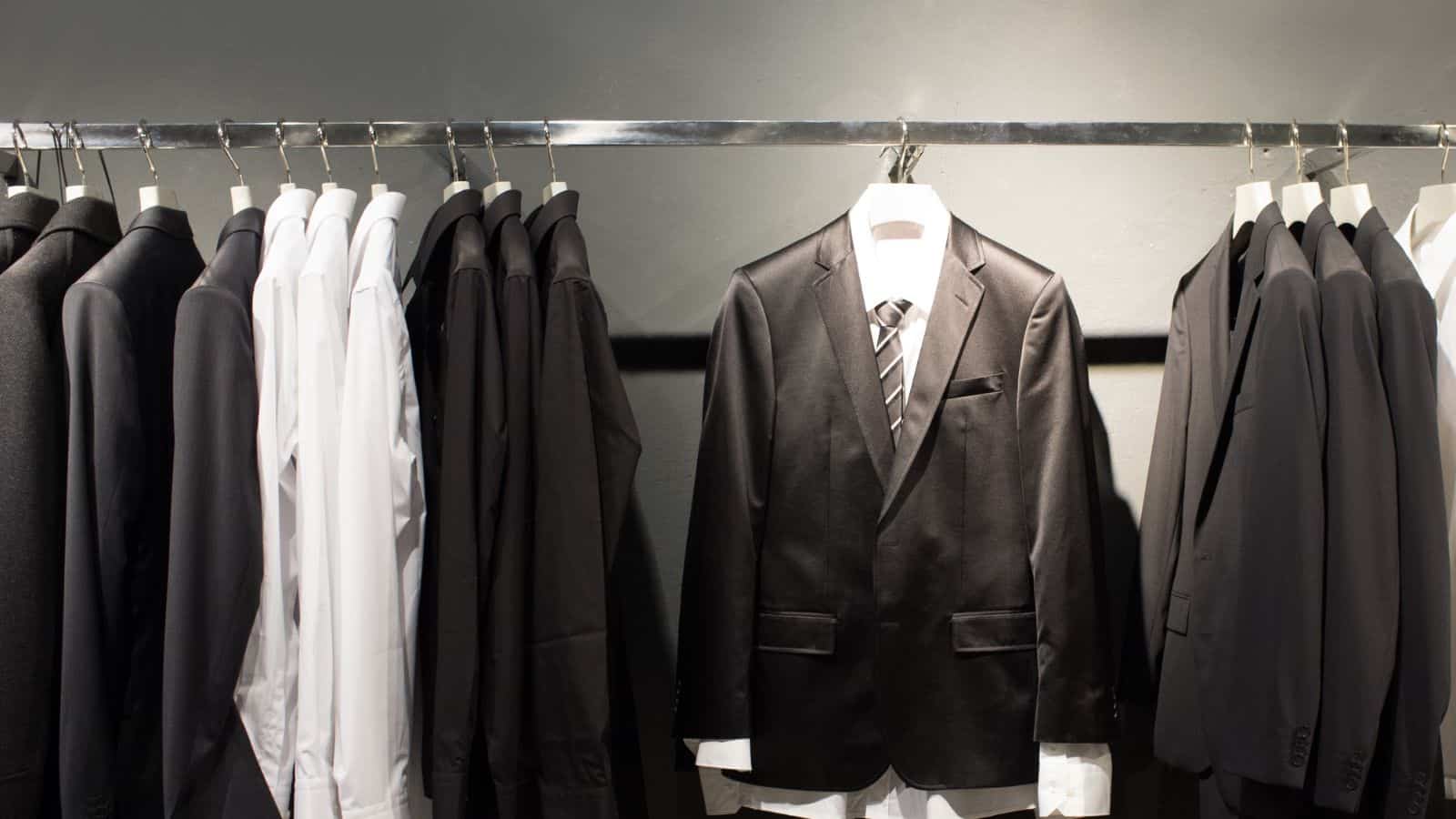
The days of suiting up for work are over for many millennials. They prefer casual, comfortable clothing and seek jobs that allow for a more relaxed dress code or remote work. This shift has impacted the sales of formal wear, with many retailers struggling to adapt.
Homes

Homeownership is a distant dream for many millennials due to high prices and student debt. They prefer renting or living in urban areas where buying a home is less feasible. This trend is affecting the real estate market, with fewer young buyers entering the market.
Cars

Millennials are less likely to buy cars, opting instead for public transportation, biking, or ride-sharing services. The high cost of ownership and environmental concerns are major factors. This shift is challenging the automotive industry to innovate and adapt.
Bulk Warehouse Club Goods
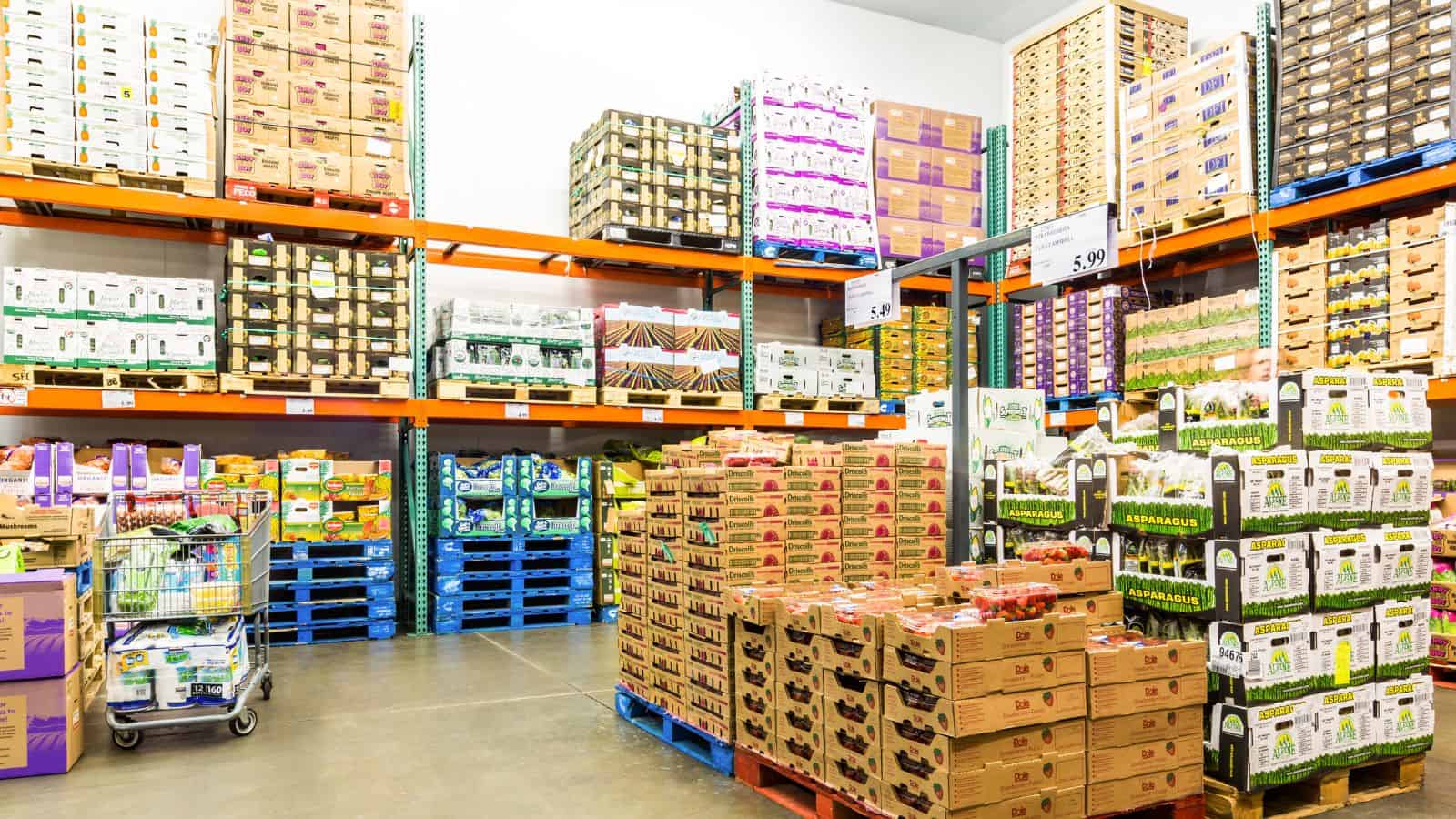
With most millennials living in smaller apartments and having smaller families, if they have kids at all, buying in bulk just no longer makes sense for them. Millennials would prefer to head to the grocery store more often for what they need to increase variety and flexibility than having 30 cans of tomato soup they know they will grow bored with.
Canned Tuna
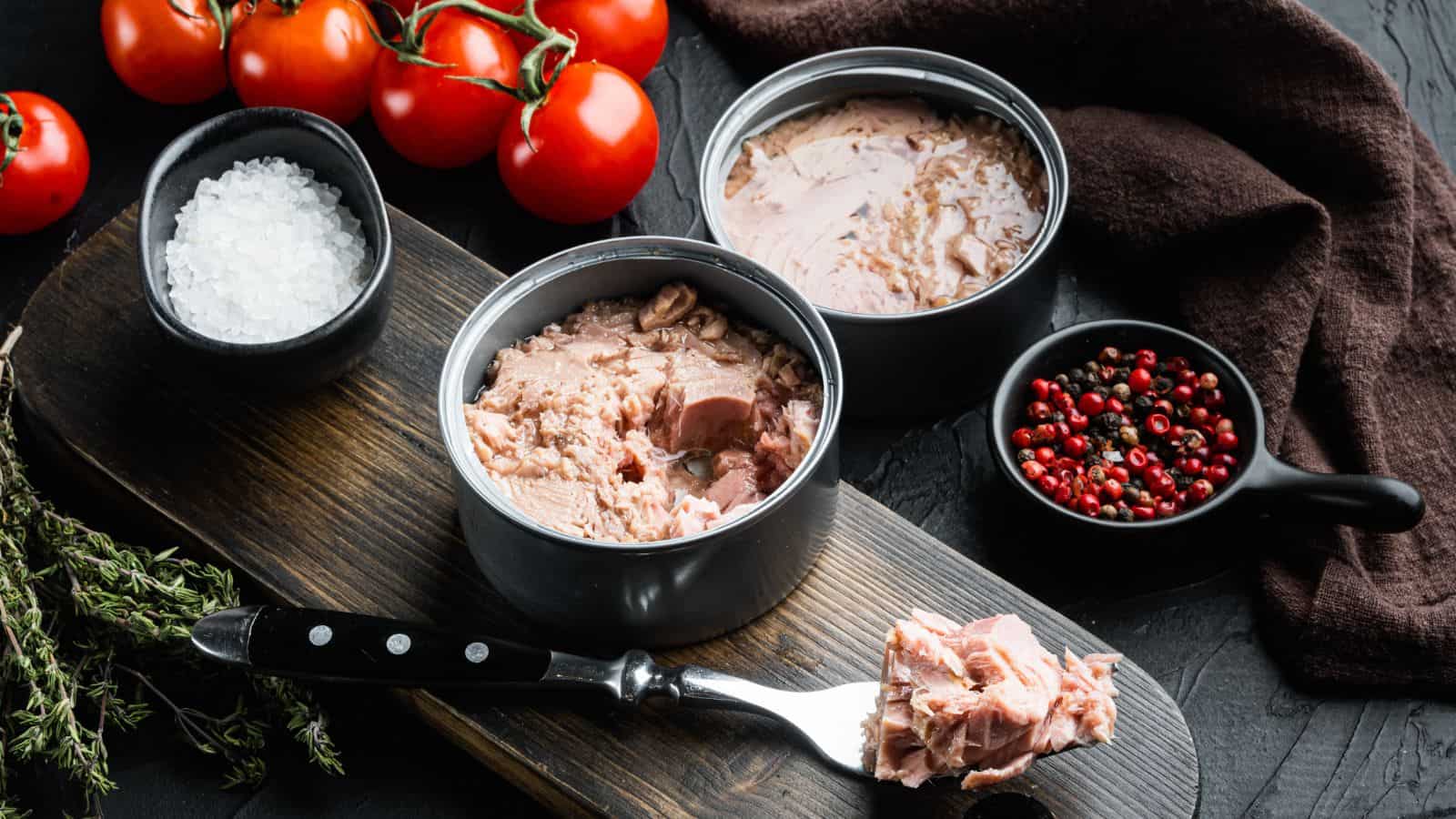
Millennials are leaving canned tuna on the shelf, with 43% eating less than those over 55. Concerns about sustainability and mercury levels, along with a preference for fresh fish, are contributing to this decline. As the tuna industry struggles to reel in this generation, they may need to cast a wider net or let the world’s tuna supply rebuild itself.
Cruises

Eating at a buffet with every other person on the boat and constantly hearing “washy, washy” isn’t as appealing to millennials as it was to their parents. Cruises feel too scripted for the experience-seeking generation, not to mention the harm cruise lines do to the environment. On the plus side, the shift has had cruise companies looking for greener options.
Milk
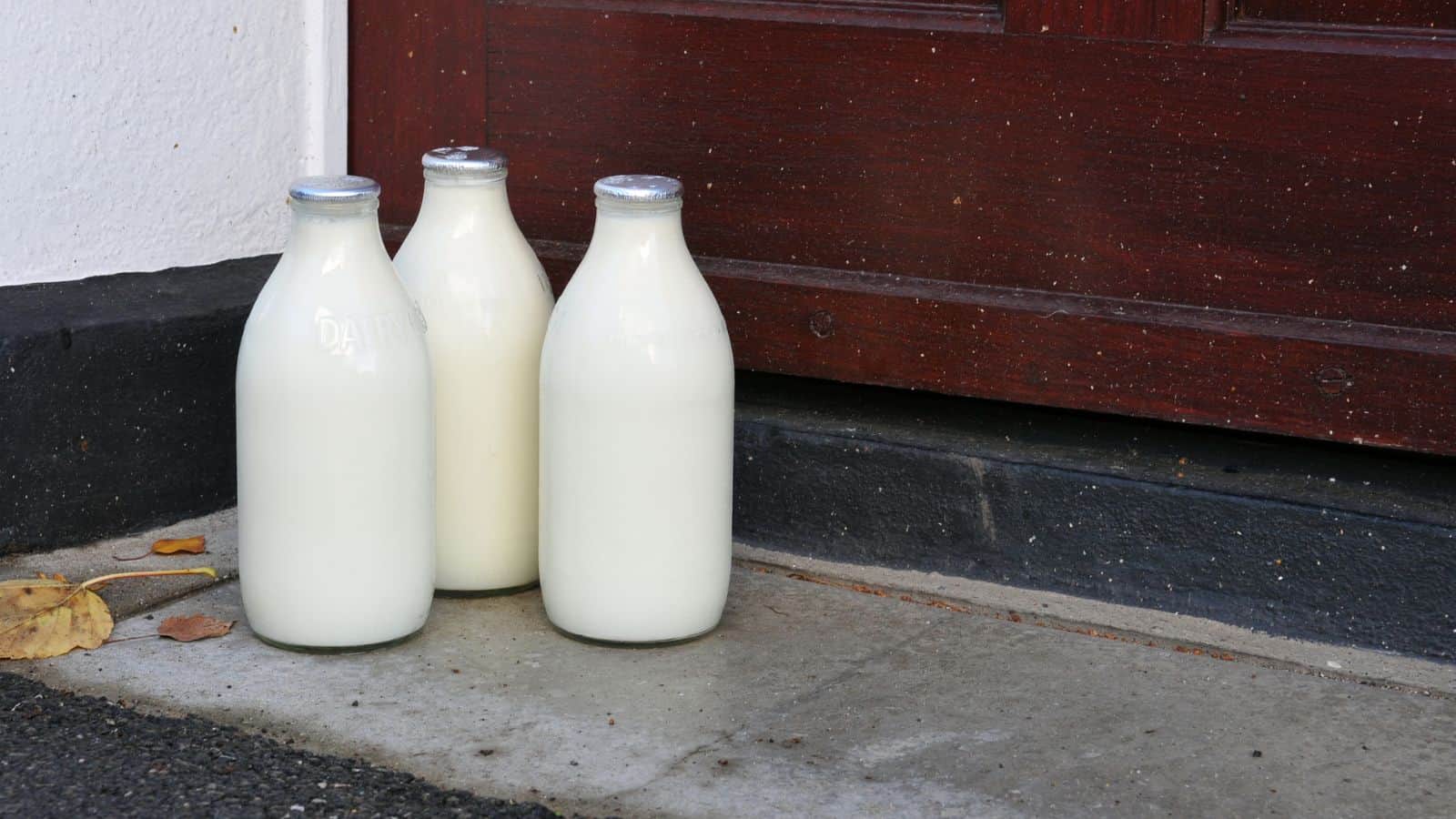
“Is whole milk OK?” is a common question at coffee shops when you forget to specify a type of milk, and that is because milk consumption is down among millennials, many of whom are turning to plant-based alternatives like almond or oat milk. Health concerns and dietary preferences are driving this change, impacting the dairy industry significantly. However, we will still eat cream cheese on our bagel with our oat milk latte.
Business Cards

In the digital age, business cards are becoming obsolete. Millennials prefer to connect via LinkedIn or other digital platforms. This shift is reducing the demand for printed business cards and pushing companies to find new ways to facilitate networking.
Lottery Tickets

Millennials are less likely to buy lottery tickets, viewing them as a poor investment. According to SmartAsset, state lotteries pay out only 60 percent of gross revenues in prizes; the rest, after cost and advertising, is used by the state. With the continued trend of not purchasing lottery tickets, politicians may be forced to raise taxes to support government programs, such as schools, in the case of the Virginia lottery.
Up Next: 18 Cities in the US That Are So Bad You Won’t Want to Visit
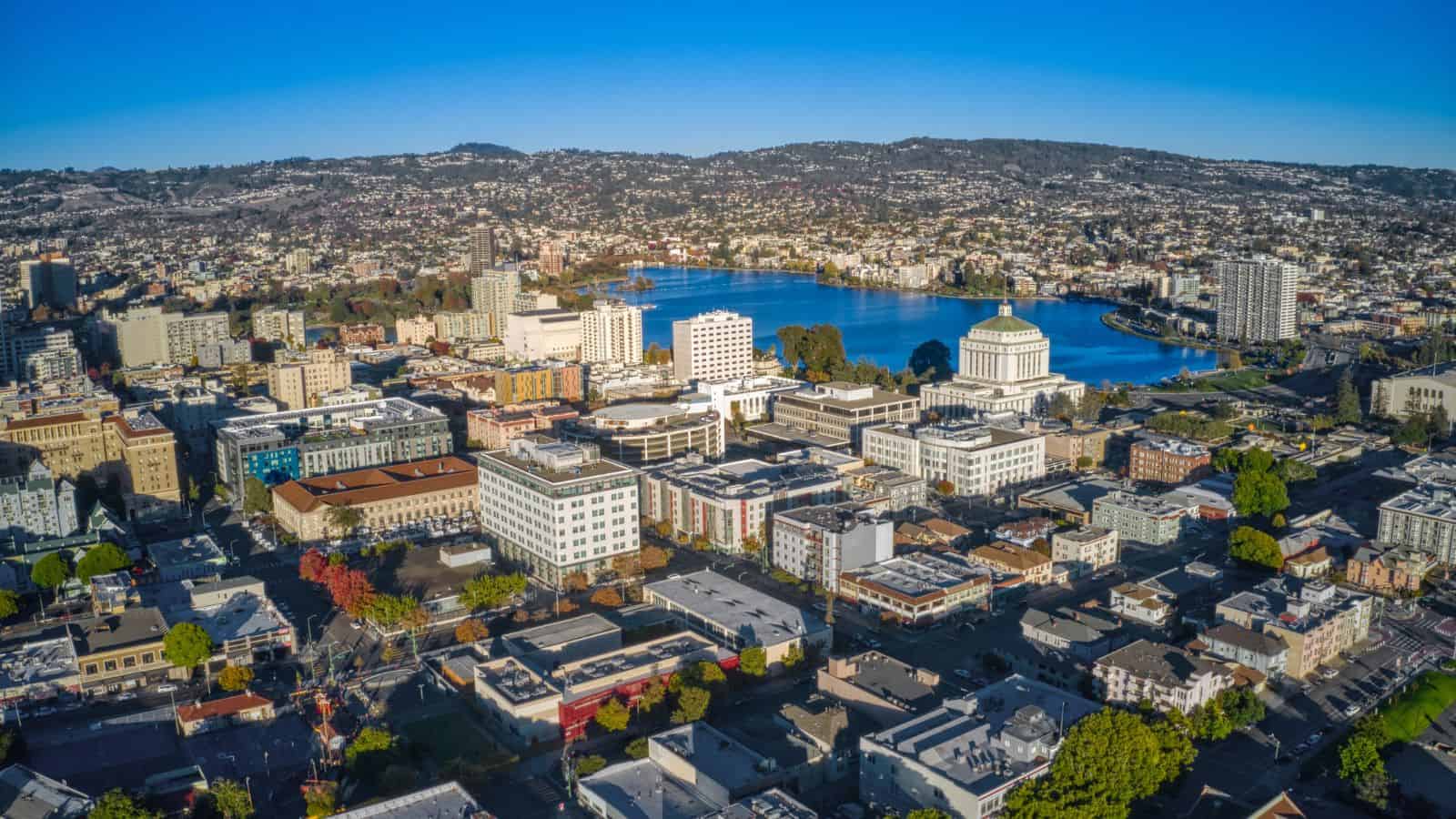
While there are many beautiful cities in the U.S. that are well worth a visit, there are also some that you may want to avoid. This is largely due to high crime rates or issues with quality of life. Here are 18 U.S. cities that you won’t want to visit.
18 Cities in the US That Are So Bad You Won’t Want to Visit
19 American Cities That Disappoint Visitors So Much They Wish They Never Went
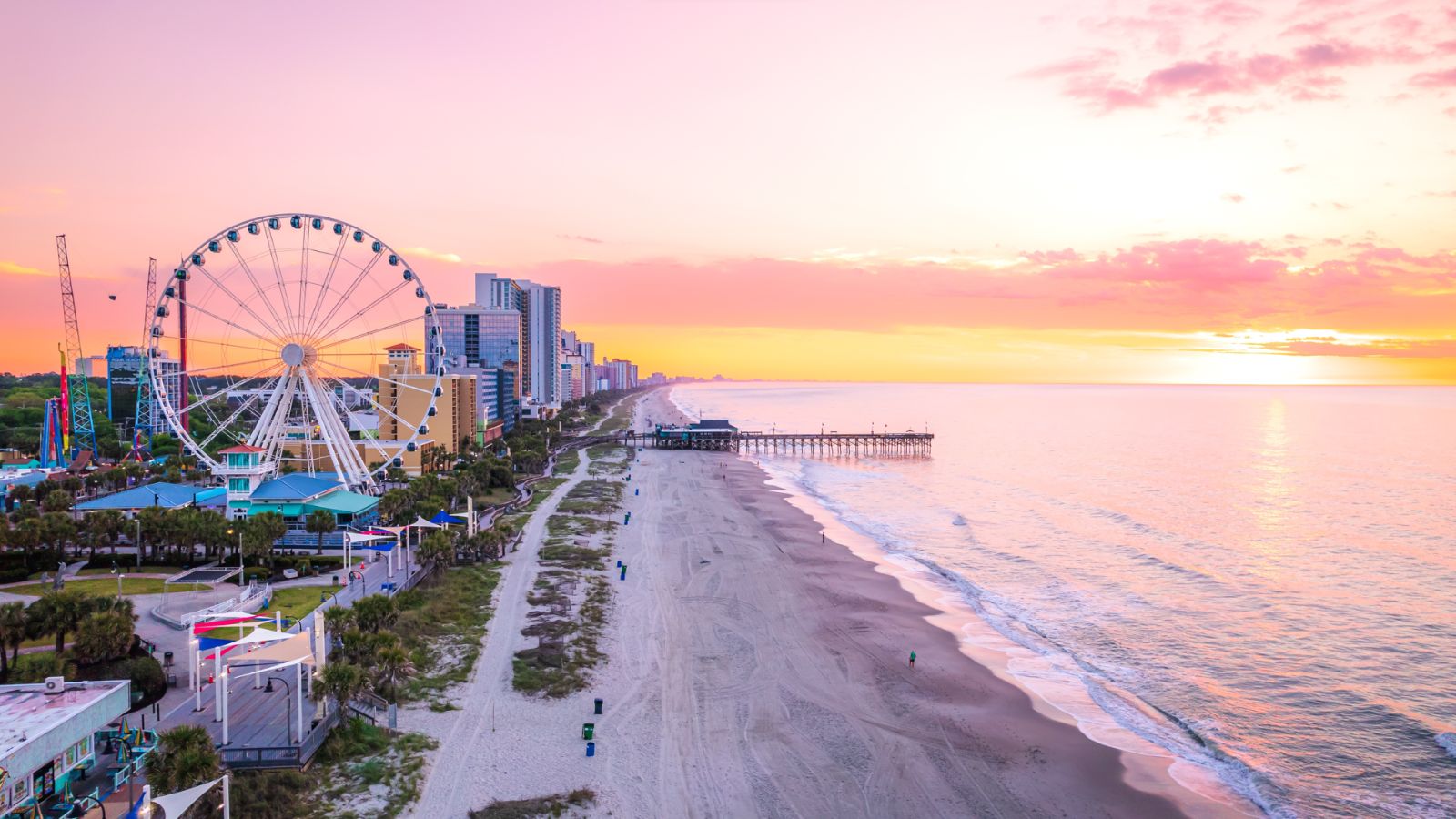
The United States is a vast country with over 109,000 cities and towns and many popular tourist hotspots, promising visitors fascinating history, famous landmarks, natural wonders, impressive architecture, and cultural delights. But not every city lives up to the hype! Here, we explore 19 American destinations that often leave visitors underwhelmed.
19 American Cities That Disappoint Visitors So Much They Wish They Never Went
19 Signs That Say You’ve Officially Entered Old Age

Old age comes for us all, though we do our best to resist it for as long as possible. But aging isn’t only gray hair, wrinkled skin, and yelling at kids to get off your lawn. Here are 19 signs you’ve realized you’re no longer the young stud you once were!
